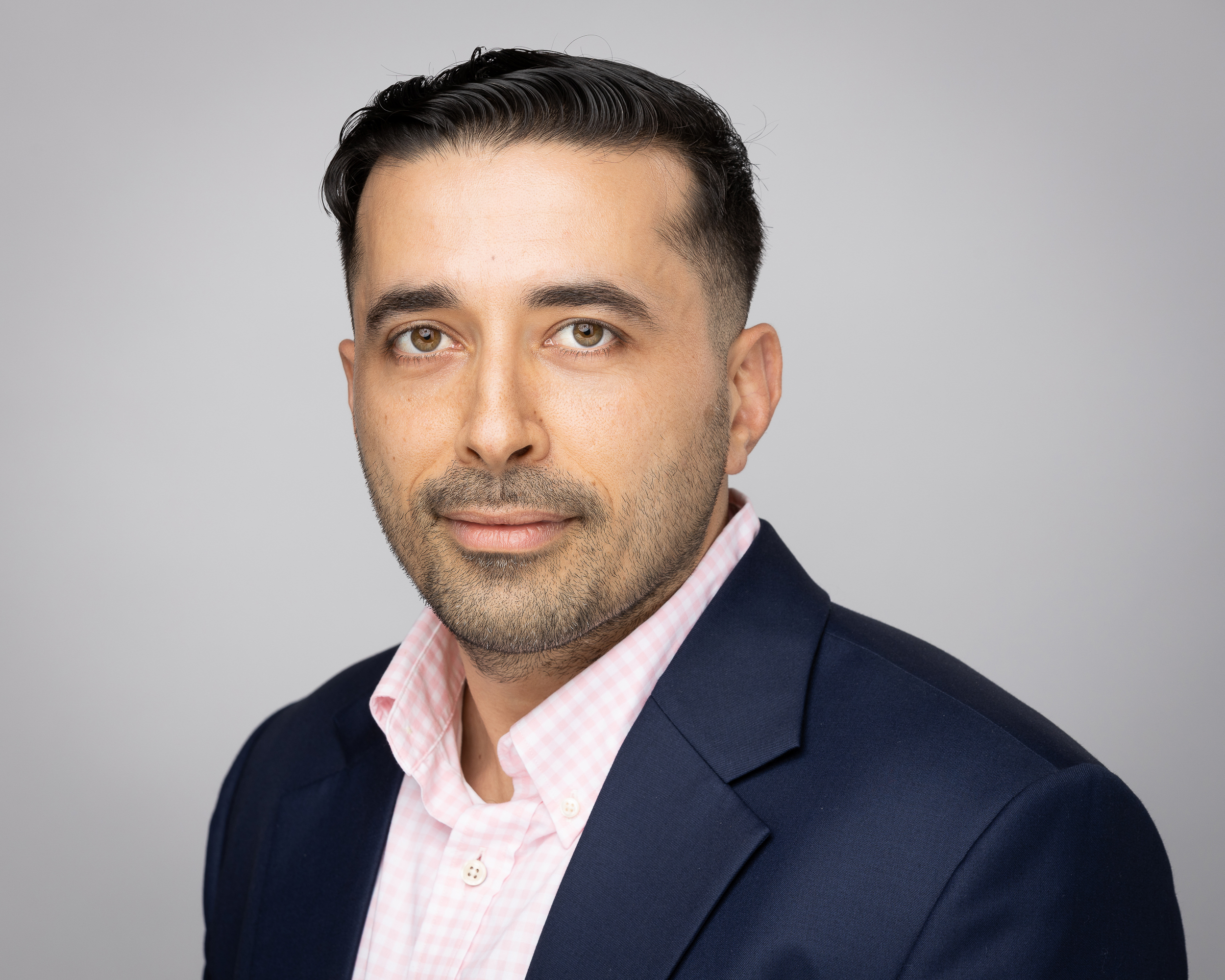A new study recently revealed a significant gap between the importance employees place on benefits and the extent to which their expectations are met. Over 90% of employees in the GCC region consider employee benefits crucial to their job satisfaction, yet only 38% feel their voices are heard.
Zubair Siddiqi, Head of Digital & Alliances, tells us how this impacts employee morale and loyalty. He said, “According to the Future of Work 2024 report, the gap between employee expectations and employer offerings leads to dissatisfaction, as evidenced by 68% of employees actively seeking new job opportunities. This misalignment creates a sense of being unheard and unsupported, which diminishes motivation and engagement. Additionally, customized benefits are considered crucial by 95% of employees, with many feeling that the traditional one-size-fits-all approach is no longer adequate.”

He added that the disconnect in benefits also results in higher turnover rates, as nearly 8 out of 10 employees are contemplating a job change due to inadequate offerings.
“When employees feel their specific needs—such as workplace savings plans or child allowances—are not being met, it erodes loyalty and makes it harder for companies to retain their workforce. Ultimately, the failure to address these evolving expectations can undermine long-term employee morale and commitment, posing a risk to organizational sustainability,” Siddiqi remarked.
We asked why workplace savings plans are becoming increasingly popular among UAE employees, to which, he explained the significance of “long-term financial security and planning.”
“With the UAE evolving into a long-term home for expatriates—supported by initiatives such as the golden visa and attractive real estate opportunities—many expats who once returned to their home countries after retirement are now considering the UAE as their permanent residence. As a result, investing in robust savings plans has become crucial to ensuring financial security for themselves and their families in later life. Given rising concerns about financial insecurity, workplace savings plans offer employees a critical tool for securing their future, making them a key factor in both job satisfaction and retention,” he said.
More so, there’s always a debate on whether or not companies are more interested in hiring young or experienced talent, to which, Zubair Siddiqi suggested, “Companies today value both young and experienced talent, recognizing that each brings unique strengths to the table. Young professionals often bring fresh perspectives, tech-savviness, and a natural adaptability to new trends and tools, which can drive innovation. On the other hand, experienced talent provides deep industry knowledge, refined problem-solving skills, and mentorship capabilities, which are crucial for strategic decision-making and leadership. The ideal workplace is one that fosters collaboration between both, leveraging the enthusiasm of youth and the wisdom of experience to create a dynamic, well-rounded team.”
Talking about how the younger cohort of workers are not focused on their personal health, he thinks they are less likely to be thinking too hard about longer-term financial planning. Also, he thinks Gen Z is a socially conscious cohort that seeks work environments and companies that positively impact society, and values wellbeing. However, “It is still important to provide these benefits but employers should also consider what might be attractive to the specific demographics that apply to their specific business,” Zubair added.






